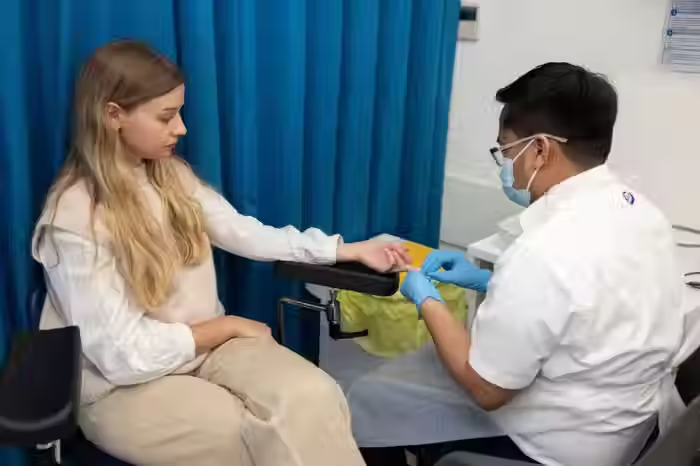AI in Healthcare Documentation
- Tech Brief

- Jan 5
- 1 min read

Artificial intelligence (AI) is significantly transforming healthcare documentation by automating the creation of clinical notes, thereby reducing administrative burdens on physicians and enhancing patient care. In 2024, investment in AI-powered medical note-taking applications surged, with startups and tech giants vying for a share of the $26 billion AI healthcare market. Notable startups such as Nabla, Heidi, Corti, and Tortus collectively raised $800 million, while major corporations like Microsoft, Amazon, and Oracle introduced AI co-pilots that utilize large language models and speech recognition to auto-generate clinical notes.
Financial Times
These AI tools aim to save physicians significant time, enhancing patient interactions. For instance, Dr. Harpreet Sood, a primary care physician in South London, reported that using Nabla's app saved 3-4 minutes per consultation, allowing for more focused patient engagement.
Financial Times
Despite the benefits, concerns persist regarding the accuracy of AI-generated notes and potential "hallucinations," where AI may produce fabricated information. A study analyzing OpenAI's Whisper transcriptions found that approximately 1% contained hallucinated phrases, with about 40% of these including harmful made-up content.
Financial Times
Privacy and data security are also critical issues as the adoption of AI tools grows. Ensuring patient confidentiality and addressing potential biases in AI-generated documentation are essential for the responsible deployment of these technologies in healthcare settings.
Akira
In summary, while AI-powered medical documentation tools offer promising solutions to reduce administrative burdens and improve patient care, it is imperative to address concerns related to accuracy, data privacy, and ethical considerations to fully harness their potential in healthcare.




Kommentare